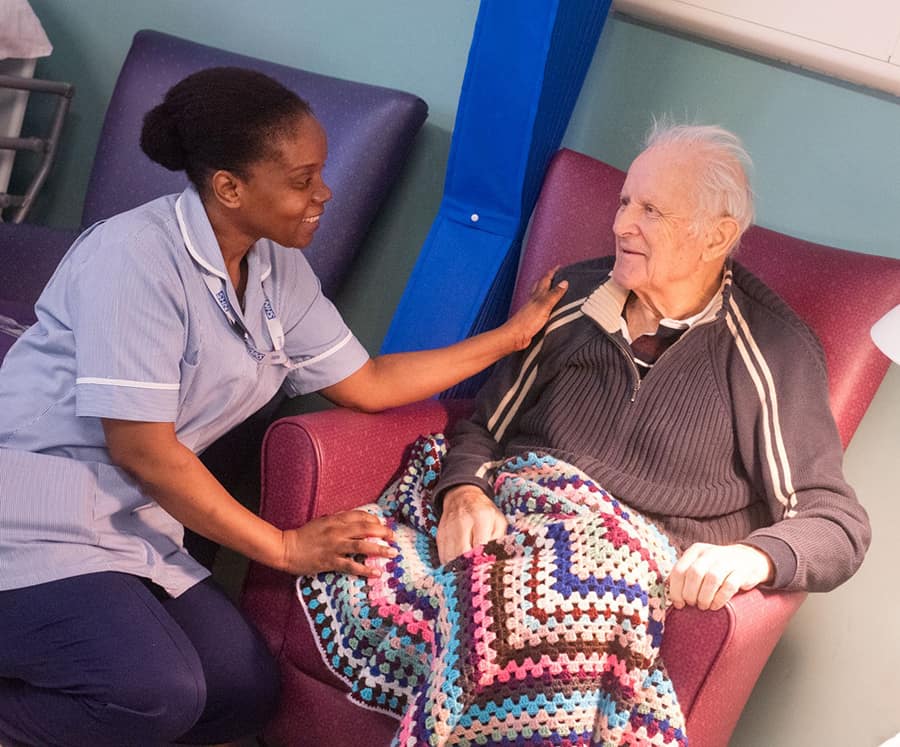NHS trust invests £240k in falls prevention equipment to enhance patient safety

The Countess of Chester Hospital NHS Foundation Trust has made a long-term commitment to enhancing patient safety by investing in assistive technology designed to prevent and minimise the risks associated with patient falls.
A £240,000 package has been allocated by the trust for the purchase and maintenance of assistive technology equipment called Ramblegard, which detects patient movement.
The wireless and cordless system uses sensors to detect when a patient is moving from their bed, chair, or toilet, meaning nurses can respond more quickly to provide support.
Following a successful trial on the Bluebell Ward at Ellesmere Port Hospital and selected wards at the Countess of Chester Hospital, the trust is now expanding the initiative across all adult wards, as well as in the A&E and Same Day Emergency Care Centre.
Installation across the trust is now rapidly under way. Patients identified as at potential risk of falls can soon expect to see this equipment by their bedside and in use.
On admission, if a patient is identified as being at risk of a fall, the nursing team will have a personalised care discussion with the patient and their family or loved ones so that additional measures, such as the use of assistive technology, can be put in place quickly to reduce the chance of a fall.
Sue Pemberton, Director of Nursing and Quality and Deputy Chief Executive Officer at the Countess of Chester Hospital NHS Foundation Trust, said: “Our commitment to patient safety is the driving factor in this investment.
“This equipment gives crucial seconds for a quicker response, allowing our nurses to reach and provide support to our patients. It gives you ears where you haven’t got eyes.
“Importantly, this equipment is patient-friendly and does not impact on a patient’s privacy or dignity.
“Reducing falls is a key element of our steadfast efforts to ensure we keep our patients safe when they are in our hospitals. Assistive technology equipment has already proven extremely effective in preventing falls, and it is really benefiting our patients already.”
A previous study incorporated assistive technology to monitor an individual’s behaviour and activity in the hopes of preventing falls and accidents occurring in people’s homes.

